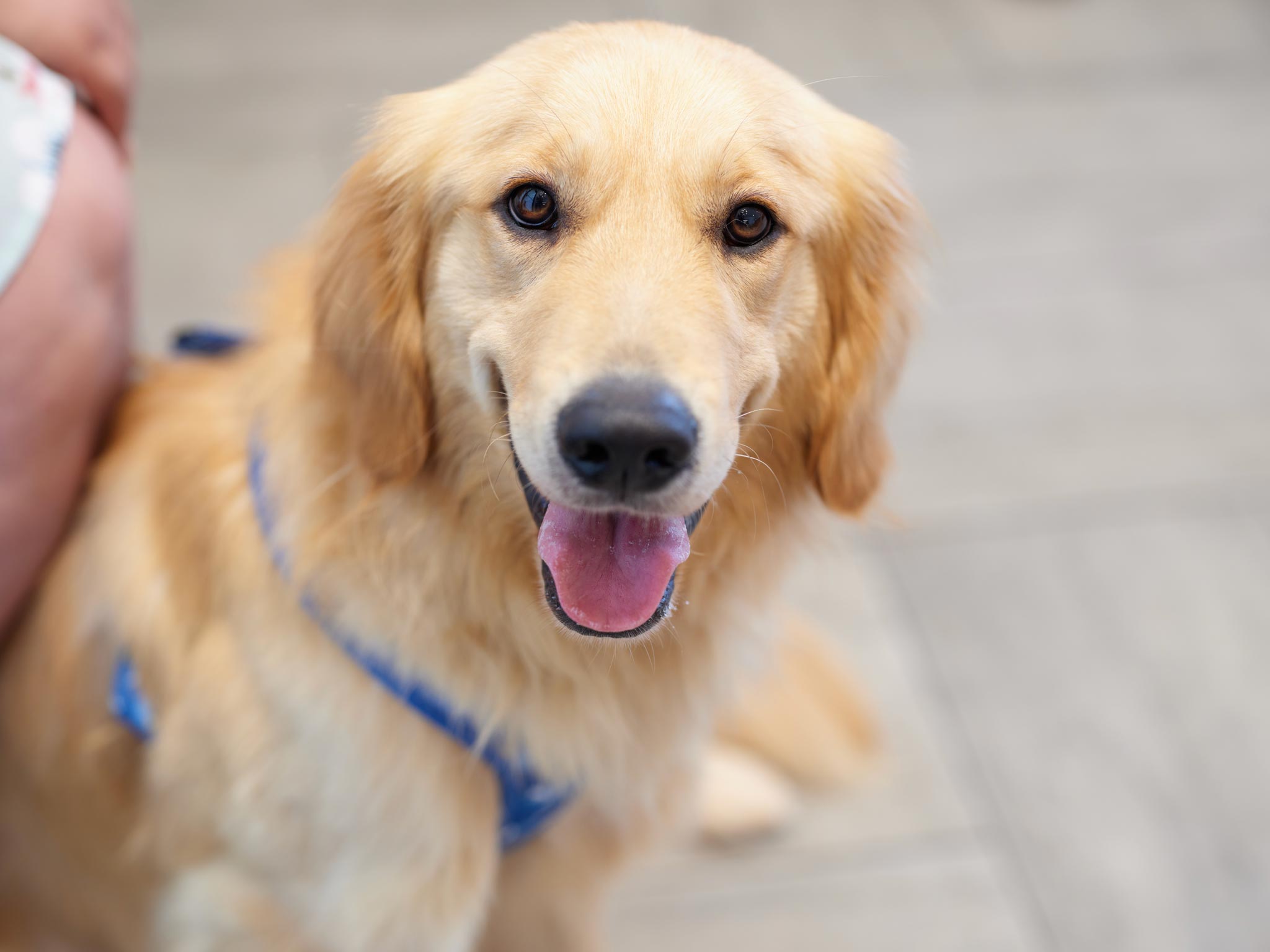
My Dog Was Stung by a Wasp – What Should I Do?
Dr. Annie Kwok
Call & Speak with a doctor Open 24/7, Even Holidays!
Walk in today for:
Emergencies
Point-of-Care Ultrasound
Urgent Care
X-Rays
Diagnostics + Testing
End-of-Life Care
Surgery
Treatment + Hospitalization
Yeeeow! Nothing puts a full stop to a happy-yappy outdoor playtime like a wasp sting. It happens fast, and this quick encounter between your dog and a wasp can lead to unpleasant outcomes. Let’s explore the steps you should take following a wasp sting to ensure the safety and comfort of your canine companion.
WATCH OUT FOR WASPS
Generally more aggressive than bees, wasps also have a trick up their wings. Unlike a bee, a wasp’s stinger does not fall out after one sting. Keeping the stinger, the “wascally” wasp can perform multiple stings all at once!
You can identify a wasp from a bee by its appearance. Bees are usually fuzzy looking, whereas wasps are hairless and kind of shiny. They also have distinct black and yellow bands around their thin, curved bodies.
THE STINGING TRUTH
Now that we know what to look for, what happens when your dog gets stung? While often not life-threatening, a wasp sting can cause pain and, in many cases, require emergency veterinary attention. Although wasps inject less venom than bees per sting, wasps can give many more stings in a row within a short period of time, so let’s talk about what symptoms you’ll see. The sooner you identify what happened, the sooner you can get some relief for your poor pooch.
Identifying a wasp sting on your dog
A wasp sting may be hard to spot, but there are some signs you can look for. Typically, the area that was stung may be:
- Reddened
- Swollen
- Tender to the touch
- Itchy
In addition, your dog may start excessively licking, biting, or scratching around the spot. You may see a tiny puncture wound from the stinger as well. This is the time to call VEG. Our emergency-trained staff is here 24/7 to provide urgent vet care if your dog was stung by a wasp.
Common vs. severe reactions
After a wasp sting, monitoring your dog’s behavior and physical symptoms is vital. Common reactions include whimpering, restlessness, and discomfort. A mild reaction to a wasp sting often resolves on its own.
However, if your dog is having a severe reaction to the sting, you may see:
- Collapse
- Difficulty breathing
- Excessive drooling or vomiting
- Swelling of the face or neck
- Diarrhea
Is your dog allergic to wasp stings?
Like humans, some dogs can have allergic reactions to wasp stings, ranging from mild to severe. They may not be immediately apparent, but will increase over time. Allergic symptoms include:
- Difficulty breathing, and in severe cases, anaphylaxis
- Hives
- Swelling
- Redness all over the body
If you notice any of the symptoms above, immediate veterinary attention is crucial. The staff at your nearest VEG has the expertise to manage allergic reactions. We may administer antihistamines or steroids to reduce swelling and manage any discomfort with pain medications.
PREVENTING A PANIC
Wasps can fly fast and as soon as you’re hearing their droning buzz, the damage is done. Still, there are some steps you can take to minimize the chances of your dog getting stung:
- Consistent training, using commands like “leave it” or “stay away,” can help keep your dog safe from wasp encounters
- Try to keep them away from known wasp-infested areas
- Regularly check your yard for nests and have them safely removed by professionals
- During walks, keep your dog on a leash to prevent them from exploring risky areas
- Regularly dispose of garbage and keep outdoor eating areas clean. If you use wasp traps, place them away from areas where your dog usually plays or rests
WASP STING? GIVE US A BUZZ
From identifying the sting and monitoring your pet’s reaction, to preventive measures and managing allergies, we’ve covered the details to help you navigate this stinging situation. If you have any concerns about wasp stings and your dog, the team at VEG is just a phone call away. An emergency veterinarian will answer your questions and let you know if your dog is in an emergency situation from the sting. If you need to come in, we’ll triage your pet right away and you never have to leave their side.

